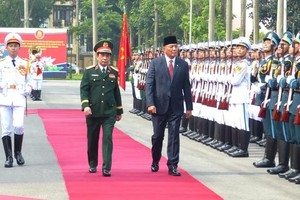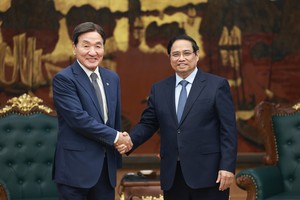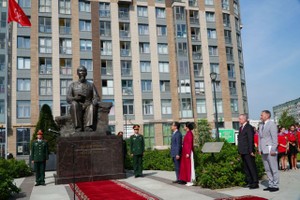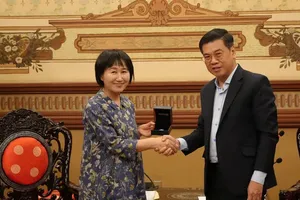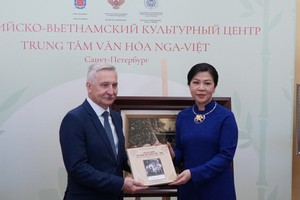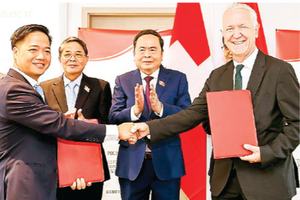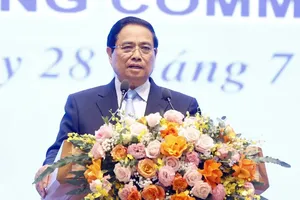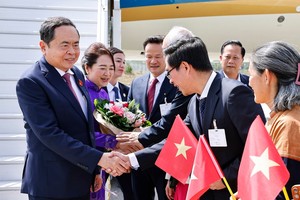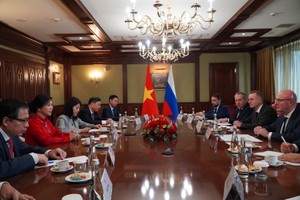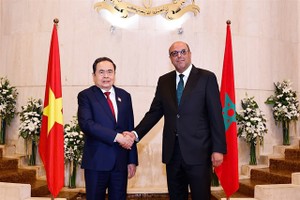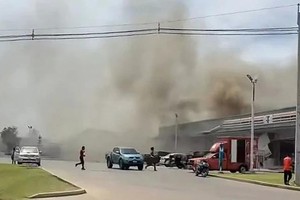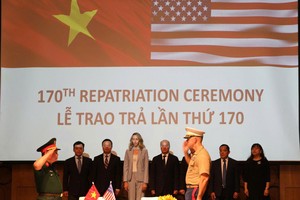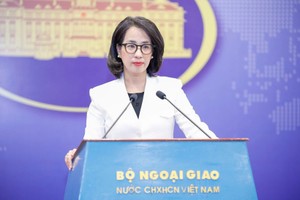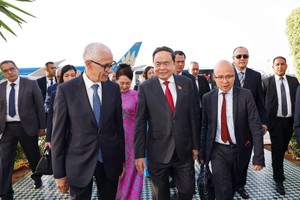Prof. Dr. Georgy Toloraia, Executive Director of the National Committee for BRICS Research and Director of the Center for Russian Strategy in Asia at the Institute of Economics of the Russian Academy of Sciences, expressed his confidence that Vietnam will become a substantial and influential partner of BRICS.
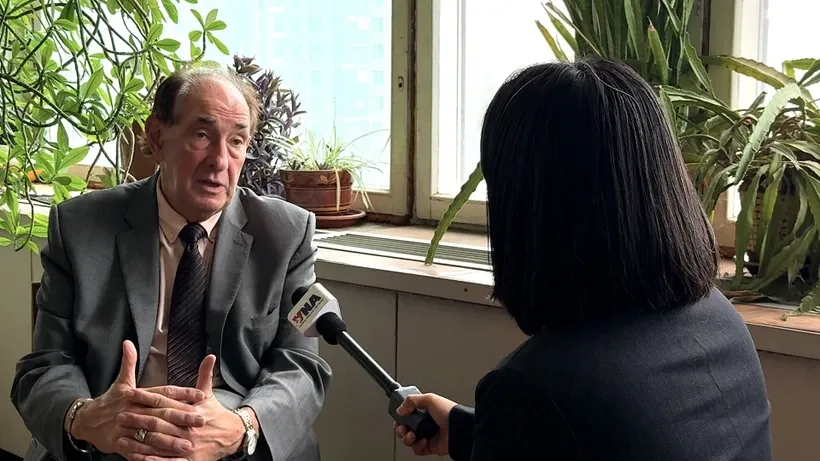
Brazil, which is holding the rotating chair of BRICS for 2025, has officially announced Vietnam as a “partner country” of BRICS – the bloc of emerging economies advancing global cooperation and international governance reform.
Prof. Dr. Georgy Toloraia, Executive Director of the National Committee for BRICS Research and Director of the Center for Russian Strategy in Asia at the Institute of Economics of the Russian Academy of Sciences, expressed his confidence that Vietnam will become a substantial and influential partner of BRICS.
A long time before Vietnam became a BRICS partner, there were many articles in Russia expressing the desire for Vietnam to make a decision on this soon. Toloraia emphasised that he did not think that Vietnam hesitated to decide, noting that Vietnam had always strongly supported the BRICS initiative and the partnership with the bloc but the country needed time to complete domestic procedures. Both BRICS and Russia fully understand and respect this.
He congratulated Vietnam on its decision and acknowledged the Vietnamese delegation will attend the upcoming BRICS Summit in Brazil. This marks a significant step, as BRICS is a key instrument in establishing a new global order, initially in economy and finance, then more broadly in fostering a multipolar world. BRICS is an important forum for countries in the Southern and Eastern hemispheres to find common views, create shared platforms, coordinate policies, and cooperate with each other.
Vietnam’s role as a rapidly developing country with substantial international standing and positive regional relations is highly significant, he emphasised.Toloraia highlighted Vietnam’s strong ties with BRICS members such as Russia, China, and India, and its solid position within the Association of Southeast Asian Nations (ASEAN), which includes countries involved in BRICS such as Indonesia and Thailand, with Malaysia also holding a partner status like Vietnam. This positions Vietnam well to contribute to BRICS initiatives.
Moreover, partner countries can choose which formats or activities to join first, gradually expanding engagement. He regards Vietnam as a very valuable partner and somewhat a “model partner” for others, drawing on its cooperative experience with Russia and China. He expressed his hope this path could eventually lead to full BRICS membership.
On sectors where Vietnam could focus cooperation and prospects, Toloraia stressed the natural progression from a unipolar to a multipolar world - an inevitability like the daily rising sun.
Countries sooner or later participate actively or passively; those passive miss advantages of active engagement. Vietnam has no reason to be passive, especially as Southeast Asia is increasingly a global power center with growing influence and strategic importance. The active engagement in BRICS aligns closely with Vietnam’s national interests.
He identified many fields for Vietnam’s involvement - finance, including new payment systems; energy; food security and agriculture, where Vietnam has experience and stakes; science and technology, with rapid development and interest in cooperating on new technologies; infrastructure; logistics and transport; and education. Vietnam is a crucial logistics hub and boasts a rich cultural and civilisational heritage.
Regarding Vietnam-BRICS cooperation balance, Toloraia emphasised BRICS operates on equality, respect for sovereignty, non-interference, and consensus. Although Vietnam is currently a partner, these principles have been fully appled. As a partner nation, Vietnam will have opportunities to understand BRICS members’ genuine concerns, which are essential for effective collaboration and safeguarding its standing, he concluded.
